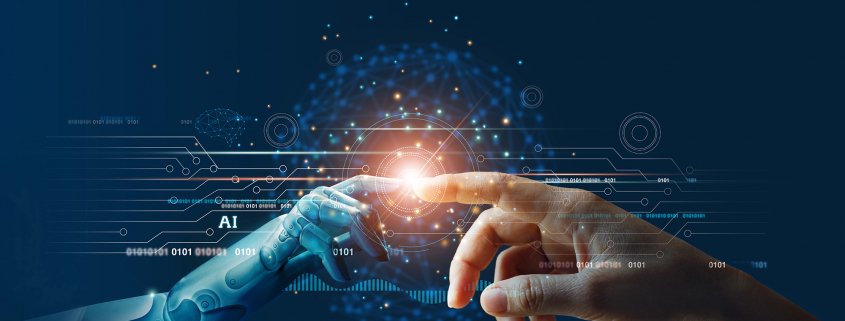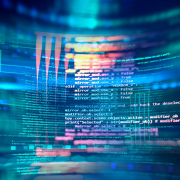AI Revolution: How Artificial Intelligence is Transforming the Programming Market in the Next Decade
As we look to the future, one thing is certain: Artificial Intelligence (AI) is set to revolutionize the programming market in the next decade. The integration of AI in various industries has led to an increasing demand for programmers who possess expertise in AI and machine learning. But what does this future hold for the programming world?
One major way that AI will change the programming market is by automating certain tasks that were previously done by humans. From code generation and testing to debugging, AI is set to take over many of the routine, time-consuming tasks that programmers have been doing for years. This may result in a reduction in the need for certain types of programmers, but it will also create new opportunities for those with expertise in AI.
Another exciting development is the emergence of low-code and no-code platforms that allow non-programmers to create and use AI applications. This will open up new markets for programmers with expertise in AI and make it easier for people with little or no programming experience to create AI applications.
AI will also change the way that software is developed. AI-powered tools will analyze large amounts of data and make predictions about how software should behave, resulting in fewer bugs and errors in software, and making it easier to maintain and update.
Speaking of AI-related jobs, the market for them is projected to grow significantly over the next few years. A study by IBM predicts that demand for AI professionals will grow by over 300% in the coming years. This will create many new job opportunities for programmers with expertise in AI, machine learning, and data science.
OpenAI, a leading research organization in the field of Artificial Intelligence, has developed several state-of-the-art AI models such as GPT-3. GPT-3 is a language model that has been trained on a massive amount of text data, making it capable of understanding and generating human-like text. One specific instance of GPT-3 is ChatGPT, which has been fine-tuned to answer questions and generate text in a conversational context. With its ability to understand and generate human-like text, it has the potential to change the way we interact with computers and revolutionize industries such as customer service, content creation, and many others.
As we can see, the future of the programming market is bright and filled with new opportunities. Programmers who are interested in staying relevant in the market should start learning and gaining experience in AI and machine learning. With AI advancements, the sky is the limit for what we can achieve in the next 10 years.









